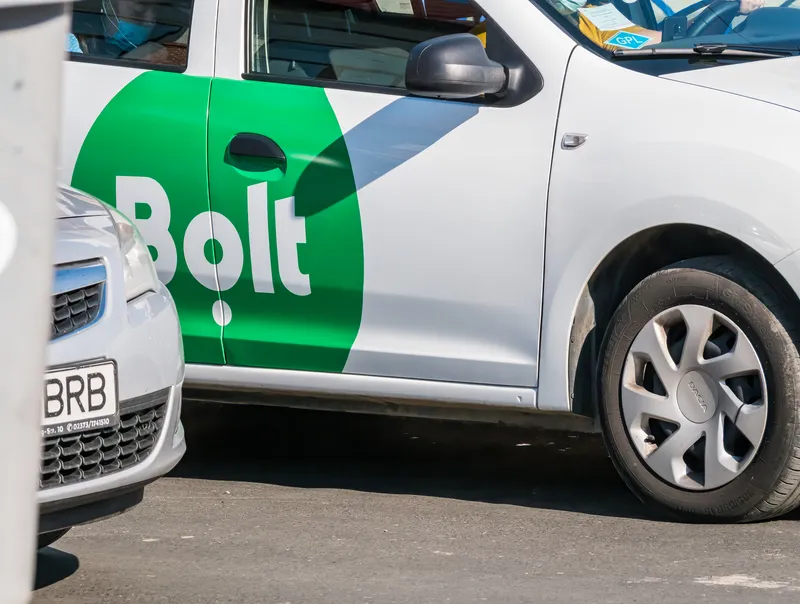According to the Arval, the car rental division of French banking group, BNP Paribas, the interest of Spanish companies in adding electric vehicles to their fleet has dropped 90 per cent in the past year, with just two per cent of companies expecting to opt for this type of vehicle before 2014. In 2010, 21 per cent said they would chose them. Hybrid cars also lost favour, with a 47 per cent drop in the number of companies intending to use them in their fleet from 30 per cent in 2010 to 16 per cent currently
April 20, 2012
Read time: 2 mins
RSSAccording to the 992 Arval, the car rental division of French banking group, BNP Paribas, the interest of Spanish companies in adding electric vehicles to their fleet has dropped 90 per cent in the past year, with just two per cent of companies expecting to opt for this type of vehicle before 2014. In 2010, 21 per cent said they would chose them. Hybrid cars also lost favour, with a 47 per cent drop in the number of companies intending to use them in their fleet from 30 per cent in 2010 to 16 per cent currently.
Arval points out that this trend is not just related to Spain. The firm's figures show that only four per cent of companies across Europe intend to use electric vehicles up to 2014, compared to 21 per cent in 2010.
The lack of interest in Spain stems from a lack of sufficient versatility in the range on offer as well as a lack of vehicles suitable for company needs (34 per cent). The limited range of the car batteries also stops companies from using these vehicles (34 per cent), while another reason they are unpopular is the lack of services available for electric vehicles - 20 per cent believe there to be an insufficient servicing network for electric vehicles to guarantee their maintenance and repair).
Although 40 per cent of companies believe grants on offer by the Spanish government encourage purchases, most companies still opt for traditional vehicles.
Arval's figures show that there were just 82 electric vehicle registrations in the first quarter of 2011, which added to the 400 in 2010, is still a long way off the 20,000 target for the end of 2011. The Spanish government subsidy programme of up to EUR 6,000 (US$8,598.61) per vehicle will also struggle to reach its target of 250,000 registrations by 2014.
Arval points out that this trend is not just related to Spain. The firm's figures show that only four per cent of companies across Europe intend to use electric vehicles up to 2014, compared to 21 per cent in 2010.
The lack of interest in Spain stems from a lack of sufficient versatility in the range on offer as well as a lack of vehicles suitable for company needs (34 per cent). The limited range of the car batteries also stops companies from using these vehicles (34 per cent), while another reason they are unpopular is the lack of services available for electric vehicles - 20 per cent believe there to be an insufficient servicing network for electric vehicles to guarantee their maintenance and repair).
Although 40 per cent of companies believe grants on offer by the Spanish government encourage purchases, most companies still opt for traditional vehicles.
Arval's figures show that there were just 82 electric vehicle registrations in the first quarter of 2011, which added to the 400 in 2010, is still a long way off the 20,000 target for the end of 2011. The Spanish government subsidy programme of up to EUR 6,000 (US$8,598.61) per vehicle will also struggle to reach its target of 250,000 registrations by 2014.








